Audi / Progress on production
Building dreams
Audi is making some huge changes in order to best plan for the future and foster innovation in the process of progress. Digital production is the key shift in the world of manufacturing and the electrification of vehicles is also a fundamental change as the company’s plants adapt to a new vision for the future.
Audi has been building cars in Neckarsulm for more than 100 years. The current facility was transformed from a knitting-machine factory into a modern automobile-production plant that is now one of the largest employers in the Heilbronn-Franken region, with 16,000 employees. The Audi A4, A5 Cabrio, A6, A7, A8 and their derivatives are manufactured on the one million sq m plot. Neckarsulm has been expanded by 30 hectares, 6km away in the Böllinger Höfe industrial park. This is now where Audi Sport gmbh makes the Audi R8 high-performance sports car and a future brand-shaper takes place.
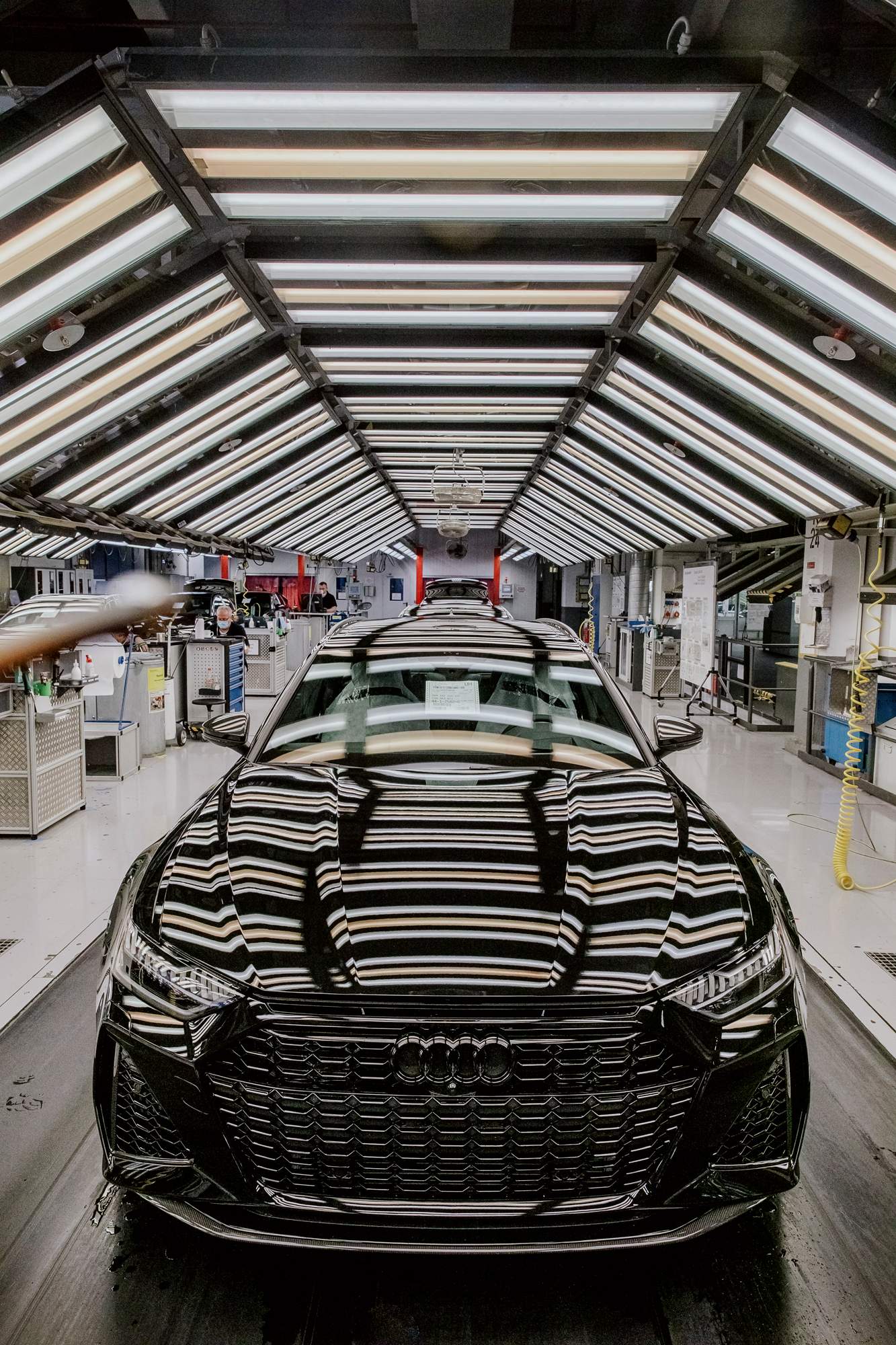
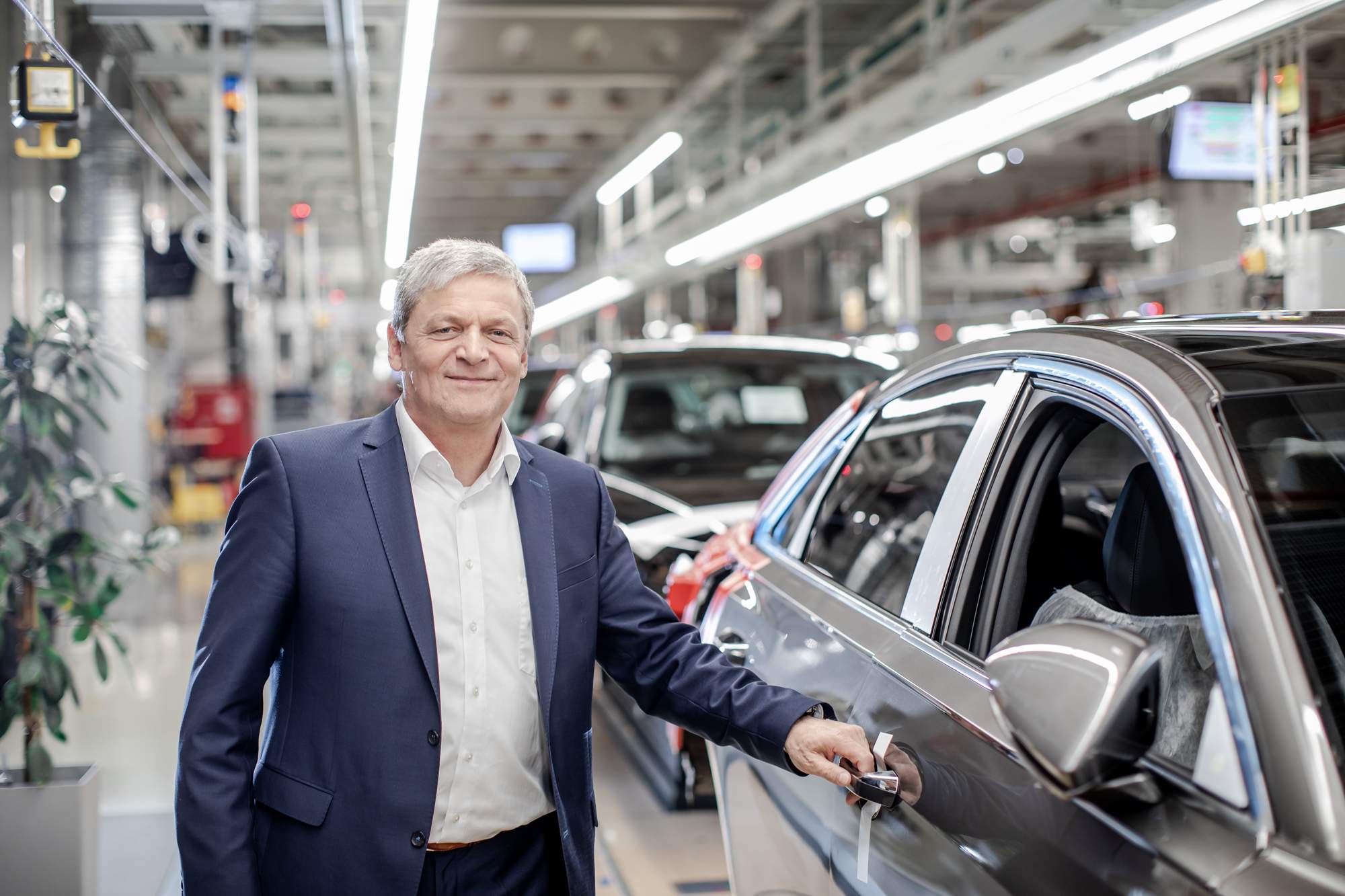
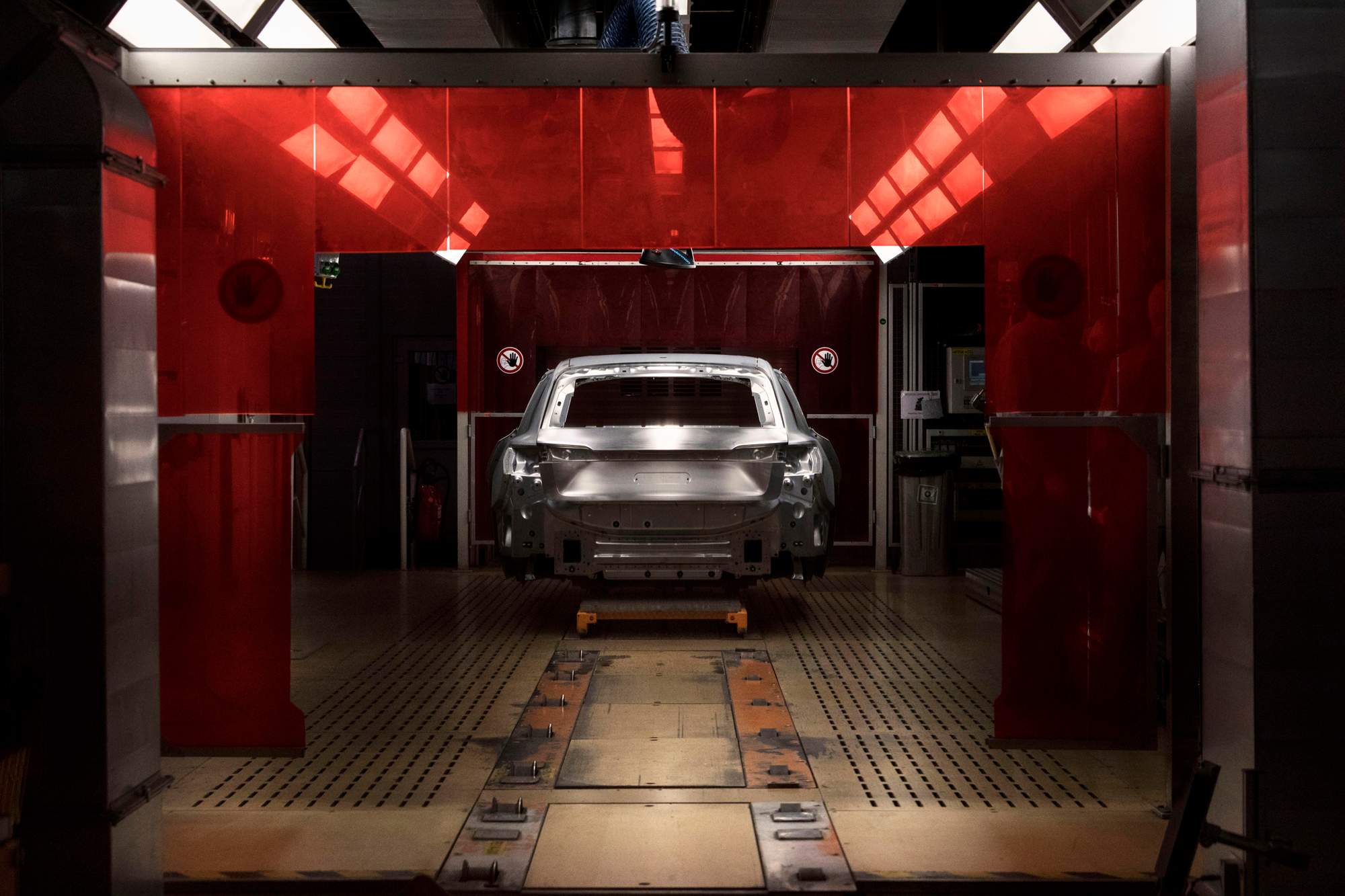
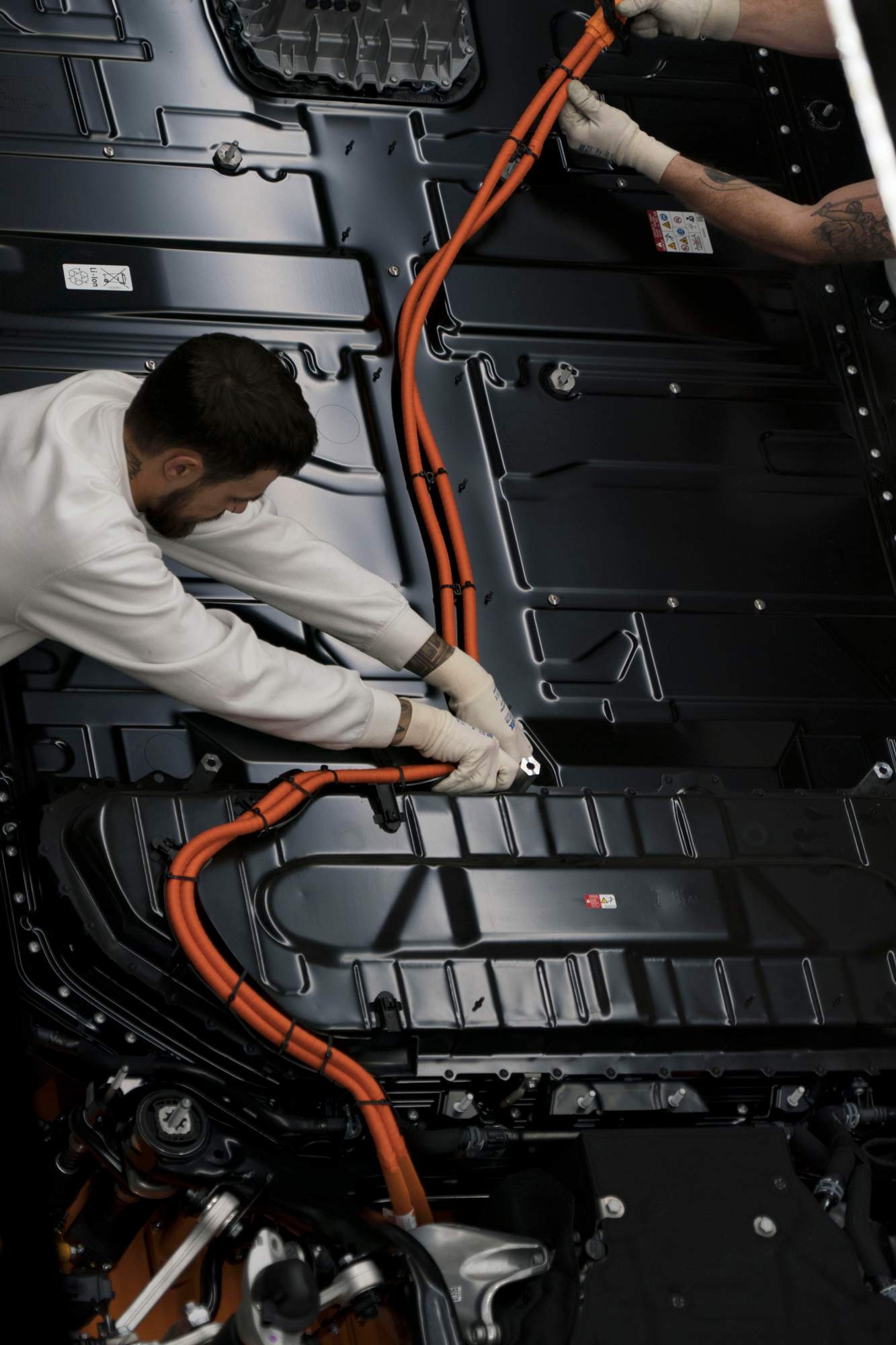
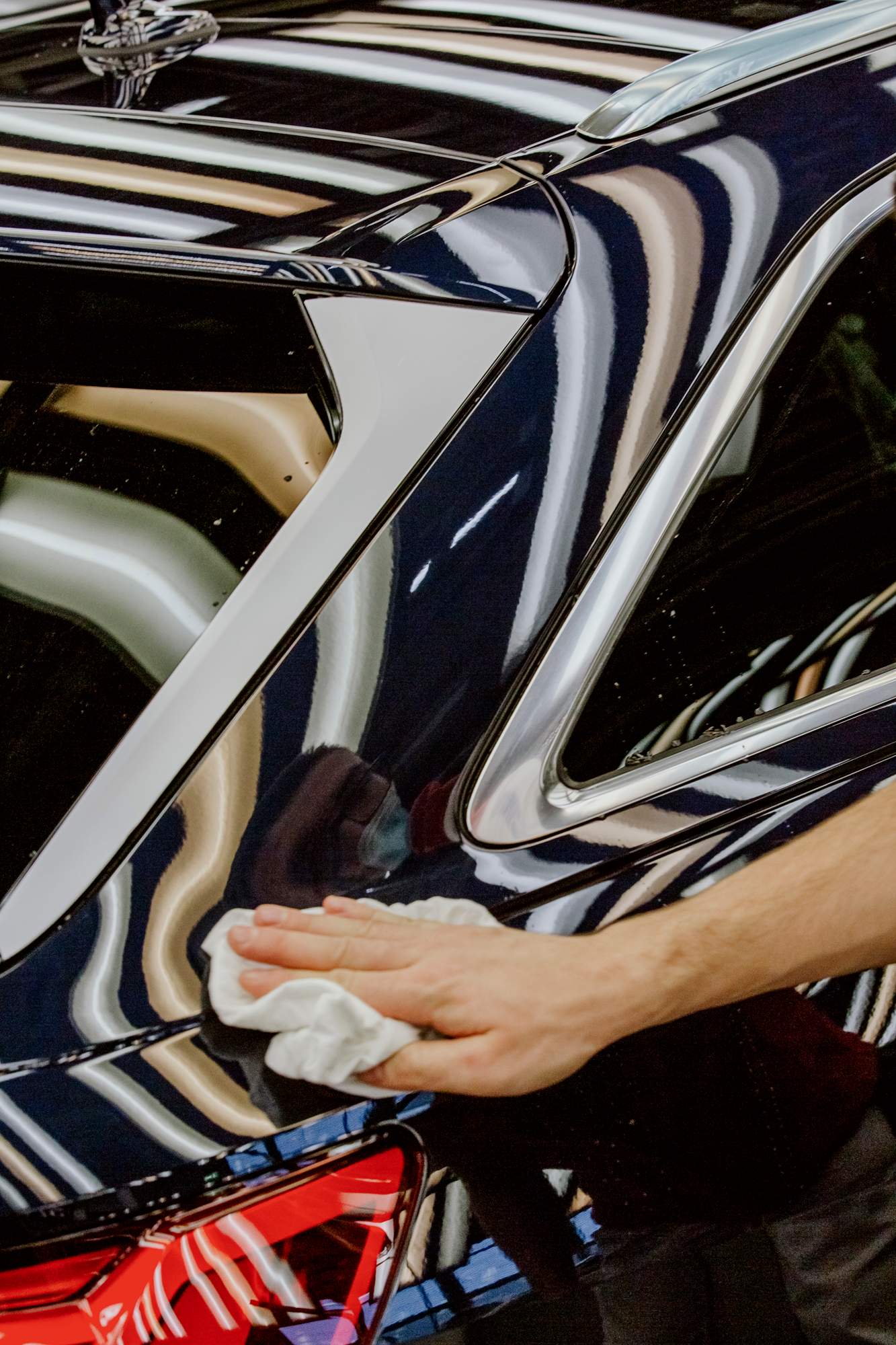
“With its small series, volume-production expertise and wide range of derivatives, the plant boasts the greatest product diversity at the Audi Group. Neckarsulm is also preparing for electrification,” says Helmut Stettner, director of the Neckarsulm plant. “In late 2020 we will begin building fully electric sportscars at Neckarsulm. They will be the first fully electric Audi models made at a German Audi site. In preparation, we have reconfigured production so that the R8 and the electric model can be built on one assembly line – although they’ll be made separately in the body shop. A unique combination of craftsmanship and a ‘smart factory’ has thus been created.”
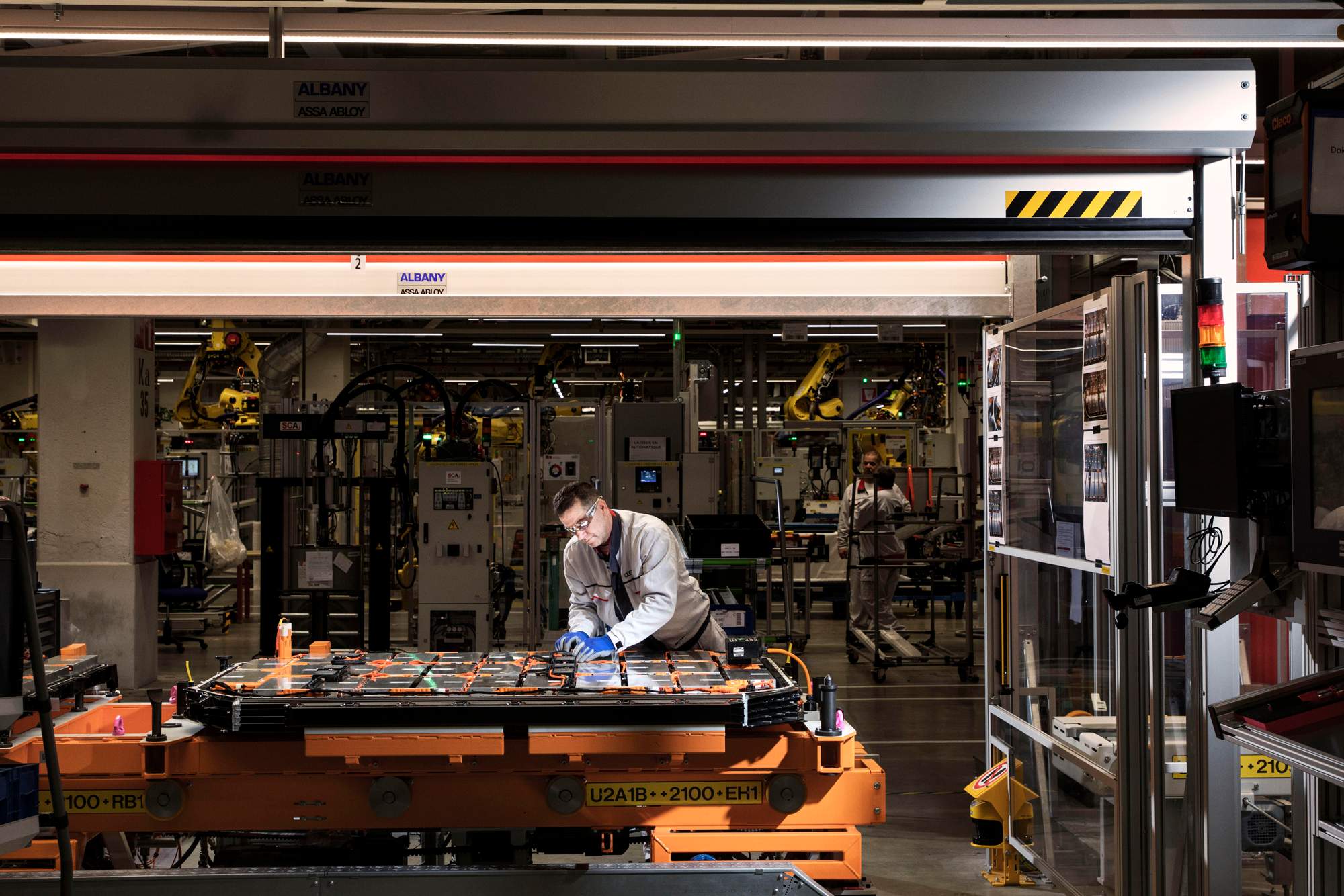
The car-maker has a highly efficient production system. With facilities spanning the globe, from Mexico to Belgium, Germany to China, Audi is setting itself some ambitious goals. All factories are set to achieve the goal of a neutral carbon balance by 2025*. “The entire Neckarsulm site has used green electricity for its automobile production operations since the start of the year*,” says Stettner. “A combined heat and power plant fired with biogas supplies heat for production.” Audi refers to its plants as “smart factories”. This means that its efficient production systems and use of hi-tech solutions are the basis for the future vision of fully connected, digitalised production. With clear targets, Audi is placing the strategic focus of its production and logistics on future requirements.
“Most of my work relates to things that already exist that need to be improved or refreshed”
This focus is people. “We live progress in production and logistics every day, and work specifically on making our production even more efficient and aiming to reduce our ecological footprint to a minimum,” says Stettner. “We support our employees in their work as best as possible. We want to be a pioneer in digital production and logistics.”
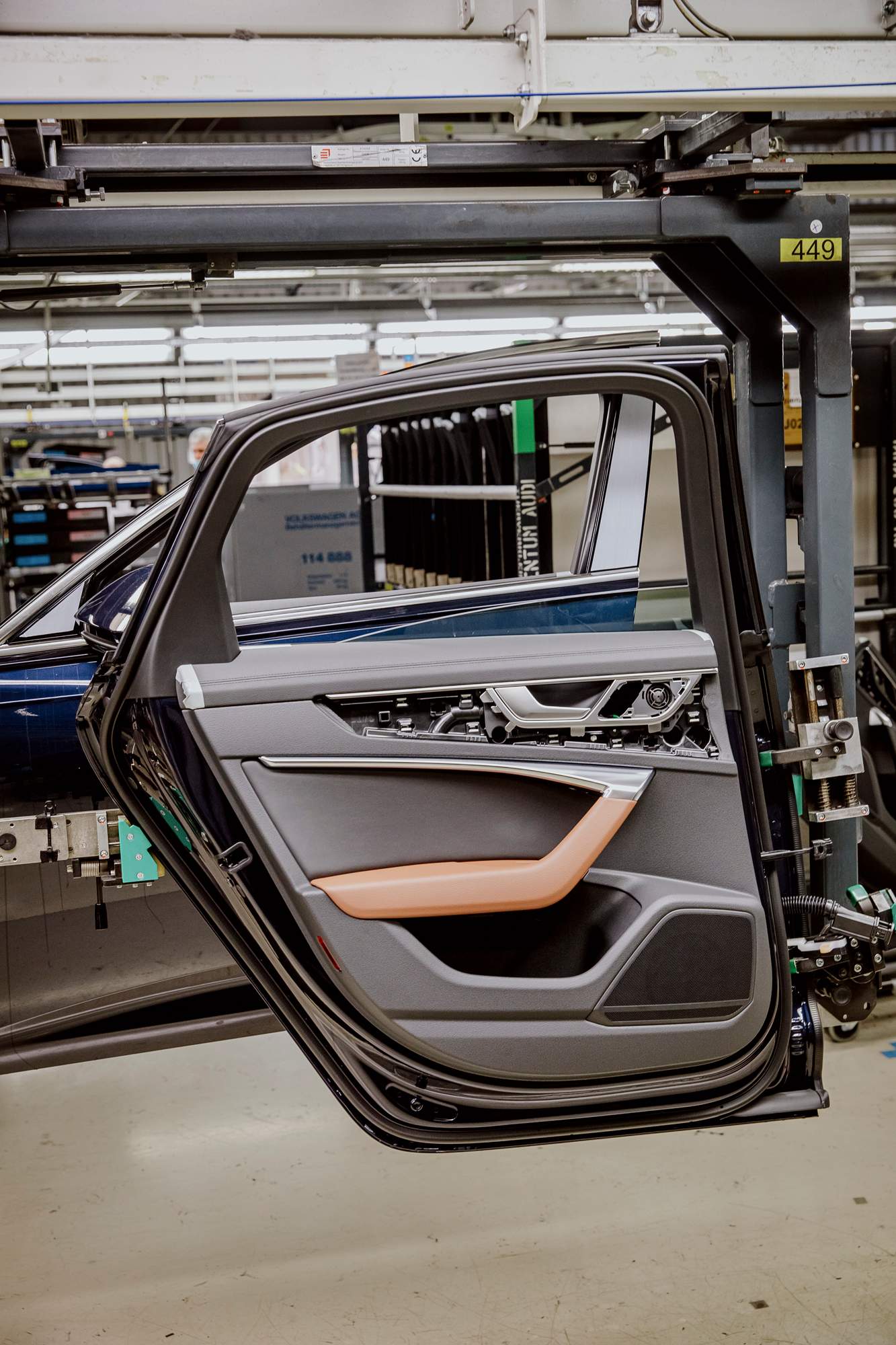
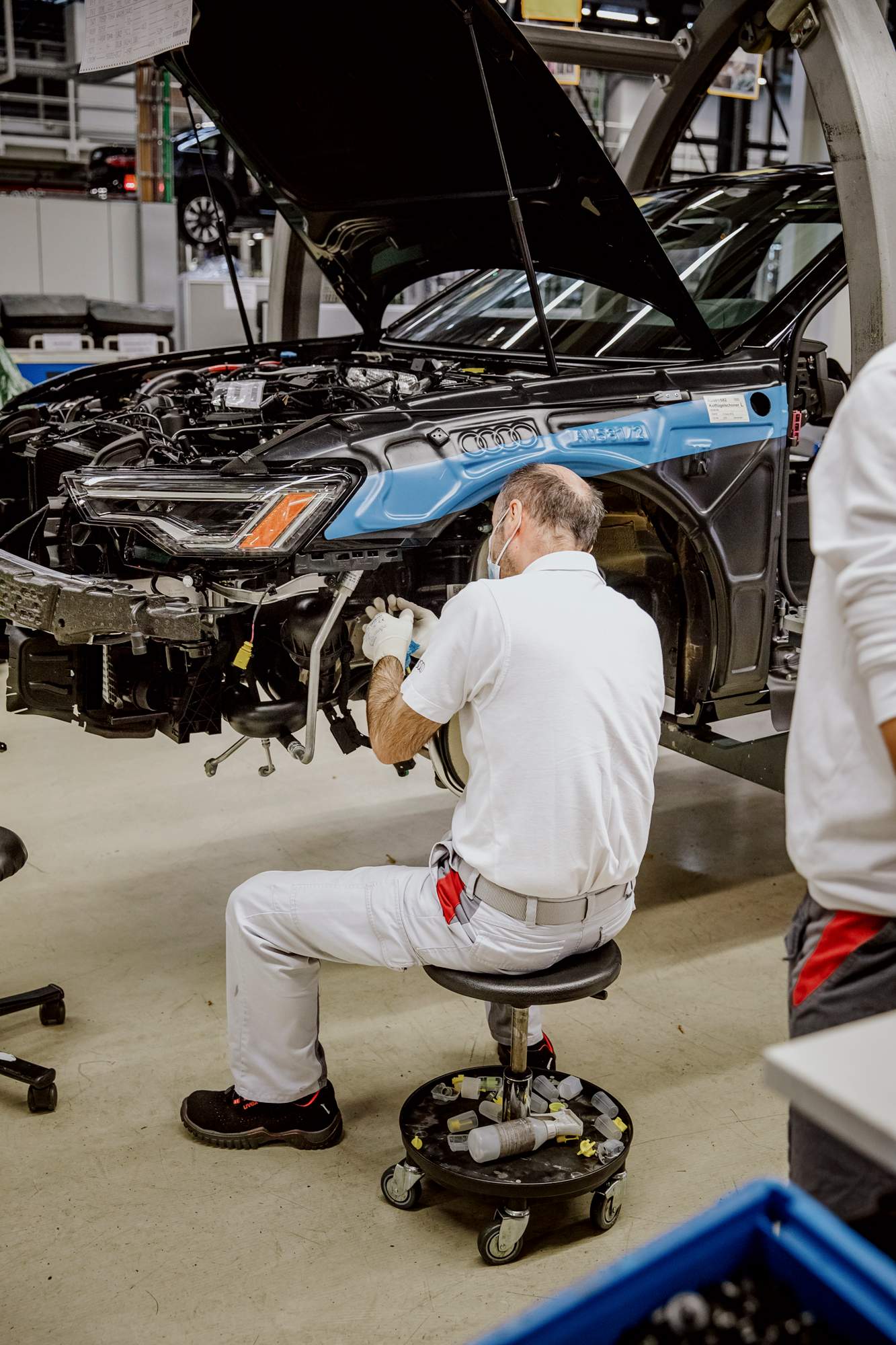
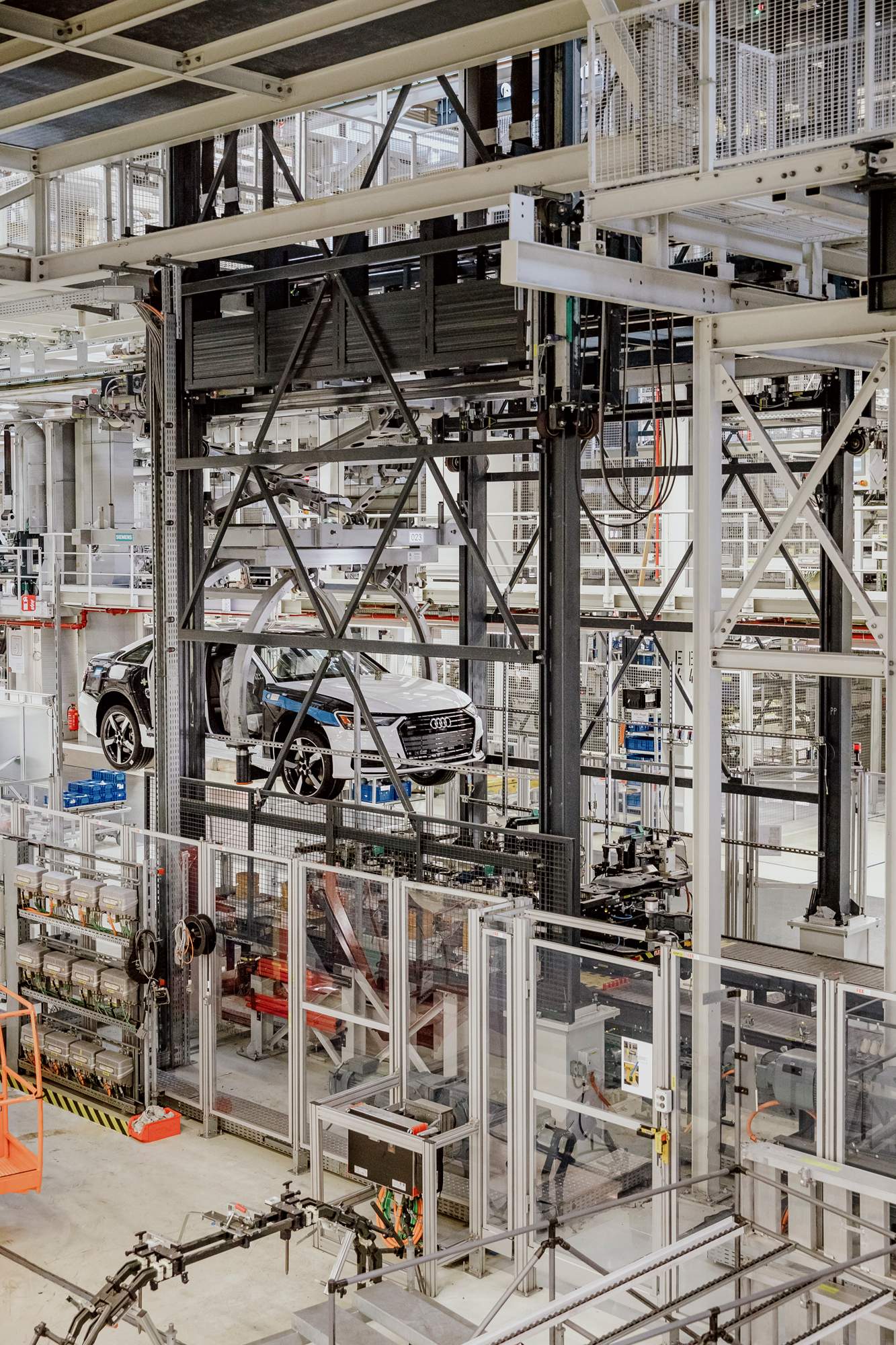
Further information on official fuel consumption figures and the official specific CO₂ emissions of new passenger cars can be found in the guide “Information on the fuel consumption, CO₂ emissions and electricity consumption of new cars”, which is available free of charge at all sales dealerships and from DAT Deutsche Automobil Treuhand


